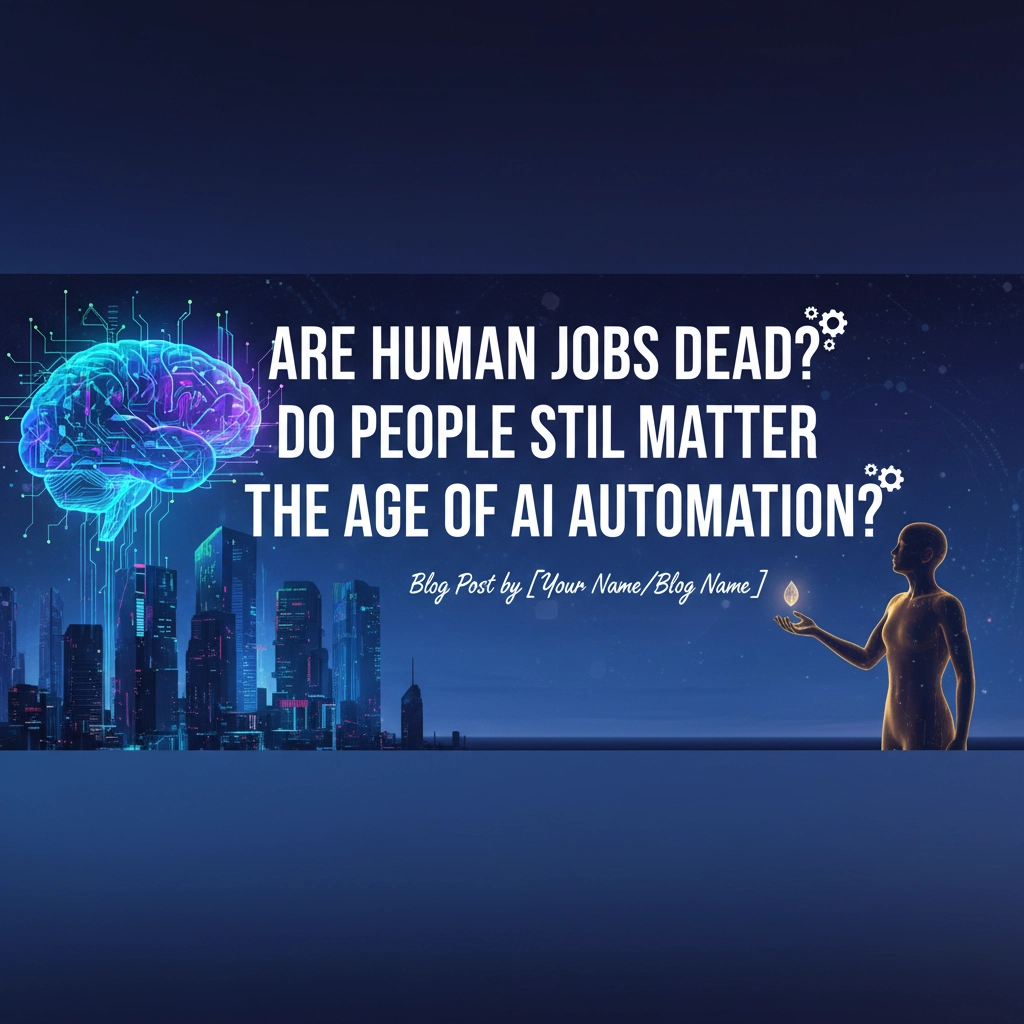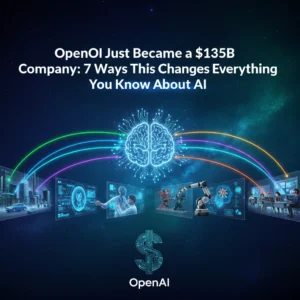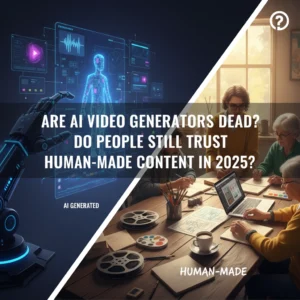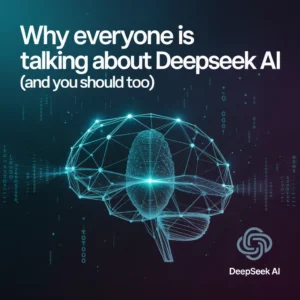Here's a wild thought: while you're reading this, an AI chatbot somewhere just handled what used to be a customer service rep's job. But before you start updating your resume, here's what the data actually shows about AI automation jobs and your future.
Spoiler alert: humans aren't going extinct in the workplace. We're just getting new coworkers that happen to be made of code.
The Real Numbers Behind AI Job Displacement
Let's cut through the panic and look at what's actually happening. According to the World Economic Forum, about 22% of today's jobs will be affected by AI automation by 2030. Sounds scary, right? But here's the twist – while 92 million roles could disappear, researchers predict 78 million new jobs will pop up.
That's not job apocalypse. That's job shuffling.
Think about it like musical chairs, except someone keeps adding more chairs while the music plays. Sure, some people might lose their current seat, but there are new spots opening up all the time.
The future of work isn't about humans vs. machines. It's about humans working with machines in ways we haven't figured out yet.
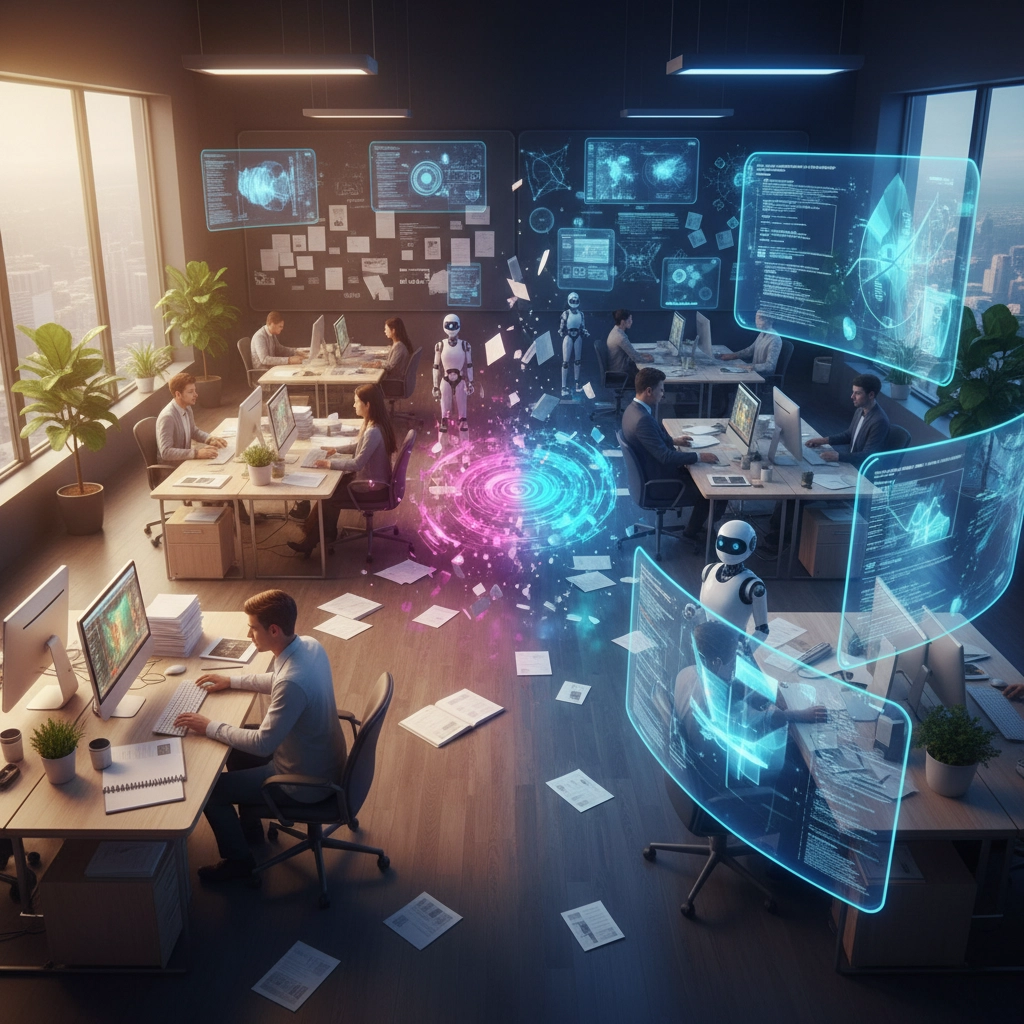
Which Jobs Are Actually at Risk (and Which Aren't)
Not all jobs face the same level of threat from AI. Some roles are sitting ducks, while others are practically bulletproof. Here's the breakdown:
High-risk jobs getting automated:
- Data entry clerks (7.5 million positions expected to vanish by 2027)
- Customer service reps (Klarna's AI now does the work of 700 agents)
- Junior financial analysts
- Telephone operators
- Basic assembly line workers
Jobs that AI can't touch:
- Dredge operators
- Bridge and lock tenders
- Water treatment plant operators
- Skilled trades like plumbing and electrical work
- Jobs requiring complex human judgment
Here's something interesting: workers with less education actually face less AI exposure. Only 3% of people without high school diplomas work in roles considered "most exposed" to job displacement AI. Meanwhile, white-collar cognitive work is getting hit hardest.
It's almost like AI is coming for the spreadsheet warriors first, not the people who fix your pipes.
Why Your Boss Still Needs You More Than ChatGPT
Remember when calculators were going to make mathematicians obsolete? Yeah, that didn't happen either.
Human relevance AI discussions miss a crucial point: we're really good at stuff machines suck at. While AI can crunch numbers and write decent emails, it can't navigate office politics, read between the lines in client meetings, or figure out why the team's morale suddenly tanked.
Let me tell you about Sarah, a marketing manager at a mid-sized company. When her team got access to AI writing tools, she thought her copywriters were toast. Instead, something unexpected happened. The AI handled first drafts and basic content, which freed up her team to focus on strategy, creative campaigns, and building relationships with clients. Six months later, they're producing twice as much work and having way more fun doing it.
That's the real tech future 2025 – humans and AI as creative partners, not competitors.
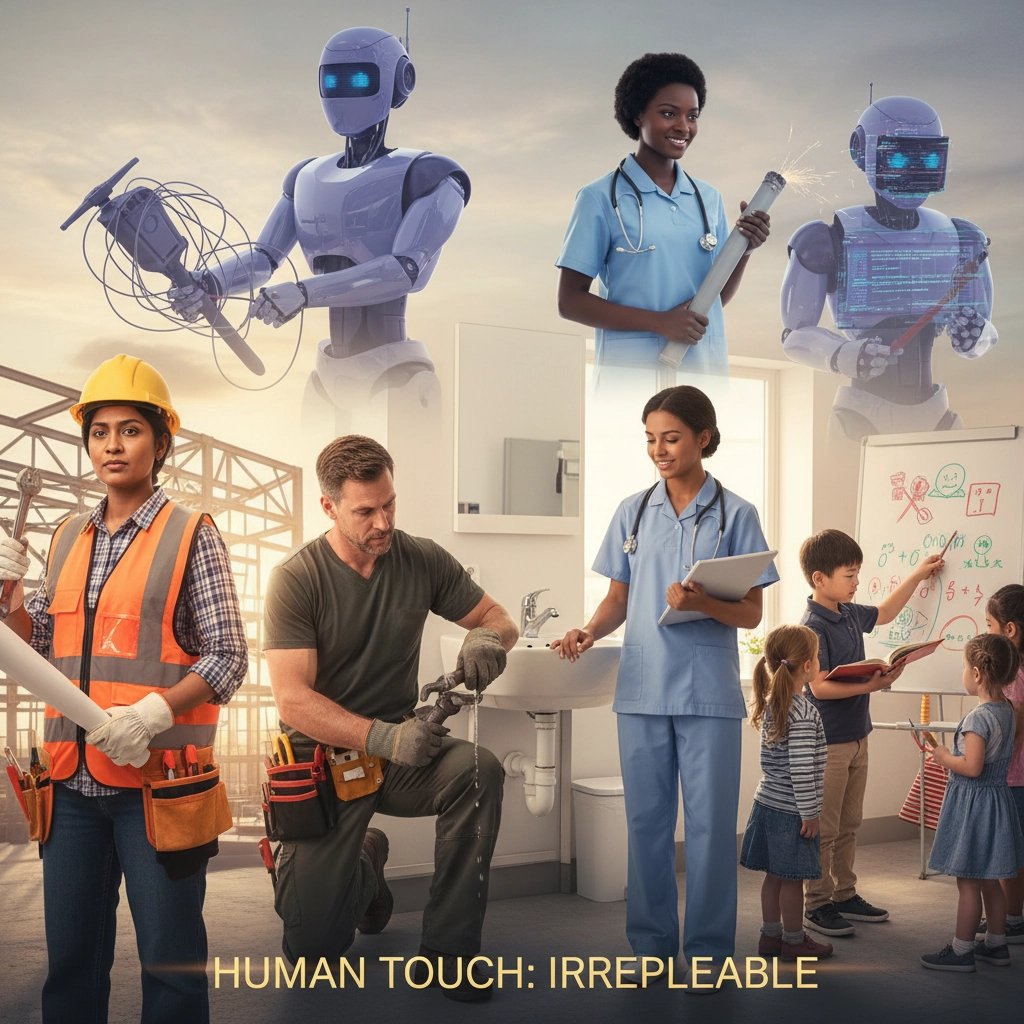
Research shows humans remain essential for three big reasons:
- Complex decision-making under uncertainty
- Creative problem-solving that requires intuition
- Ethical considerations and emotional intelligence
Plus, here's a reality check: it'll take at least 20 years to automate just half of current work tasks. Legal barriers, political resistance, and plain old bureaucracy are slowing down the robot takeover more than any sci-fi movie predicted.
What the Tech Future 2025 Really Looks Like
Forget the dystopian headlines. The actual future of work looks more like a buddy cop movie where humans and AI learn to work together, despite their different strengths.
Goldman Sachs CEO David Solomon isn't panicking about AI destroying jobs. Wall Street expects to replace about 200,000 roles with AI over the next 3-5 years – but that's only a 3% workforce reduction. Not exactly the employment apocalypse everyone's predicting.
Microsoft's CEO puts it in perspective: during England's Industrial Revolution, new technology didn't eliminate work – it completely transformed how society thought about work itself. We're probably heading for something similar.
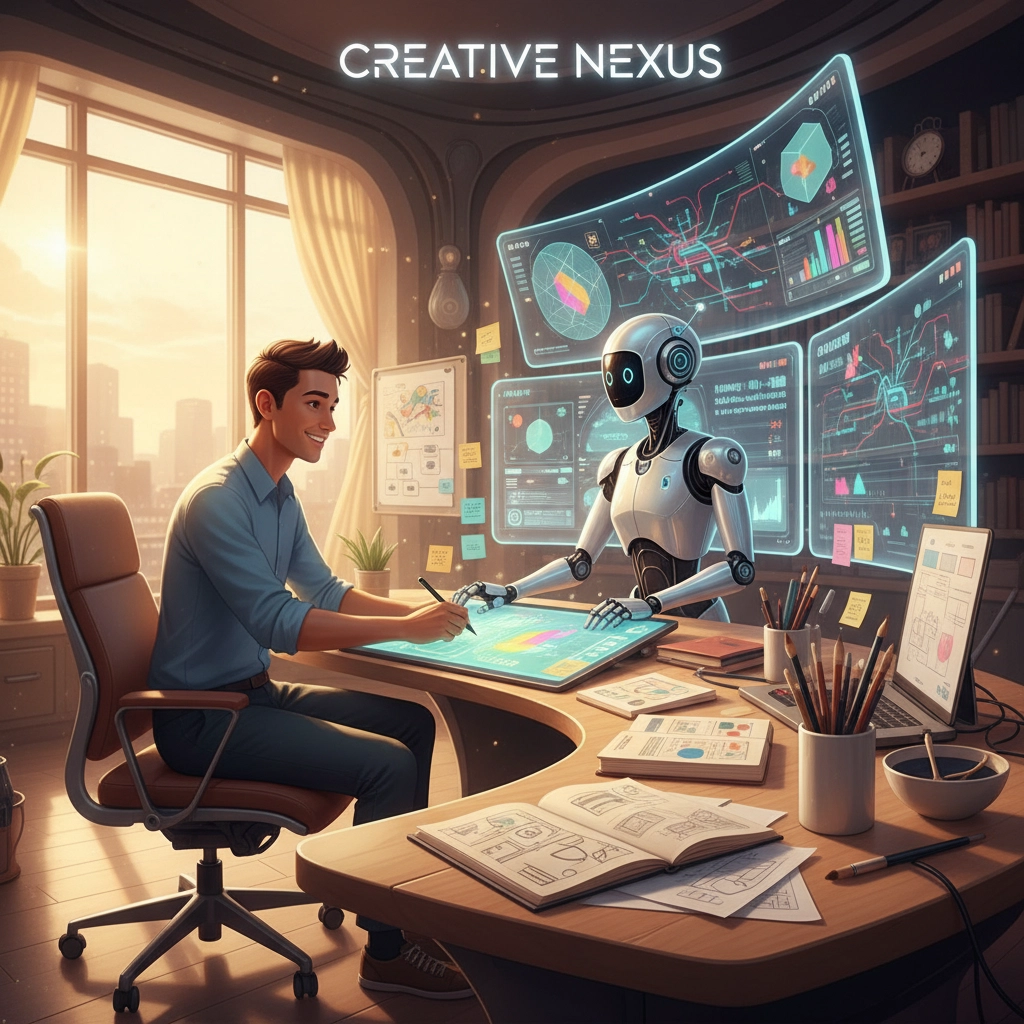
The workplace of tomorrow will likely feature human-AI collaboration rather than human replacement. Think of AI as the world's most competent intern – great at research and routine tasks, but still needs supervision for the important stuff.
And here's something most people don't realize: about 80% of US workers might have 10% of their tasks affected by AI. That means 90% of what you do is still uniquely human.
The question isn't whether humans matter in the age of AI automation – we absolutely do. The real question is how quickly we'll adapt to working alongside our new digital colleagues.
What part of your job would you actually want an AI to handle, so you could focus on the work that really matters to you?

